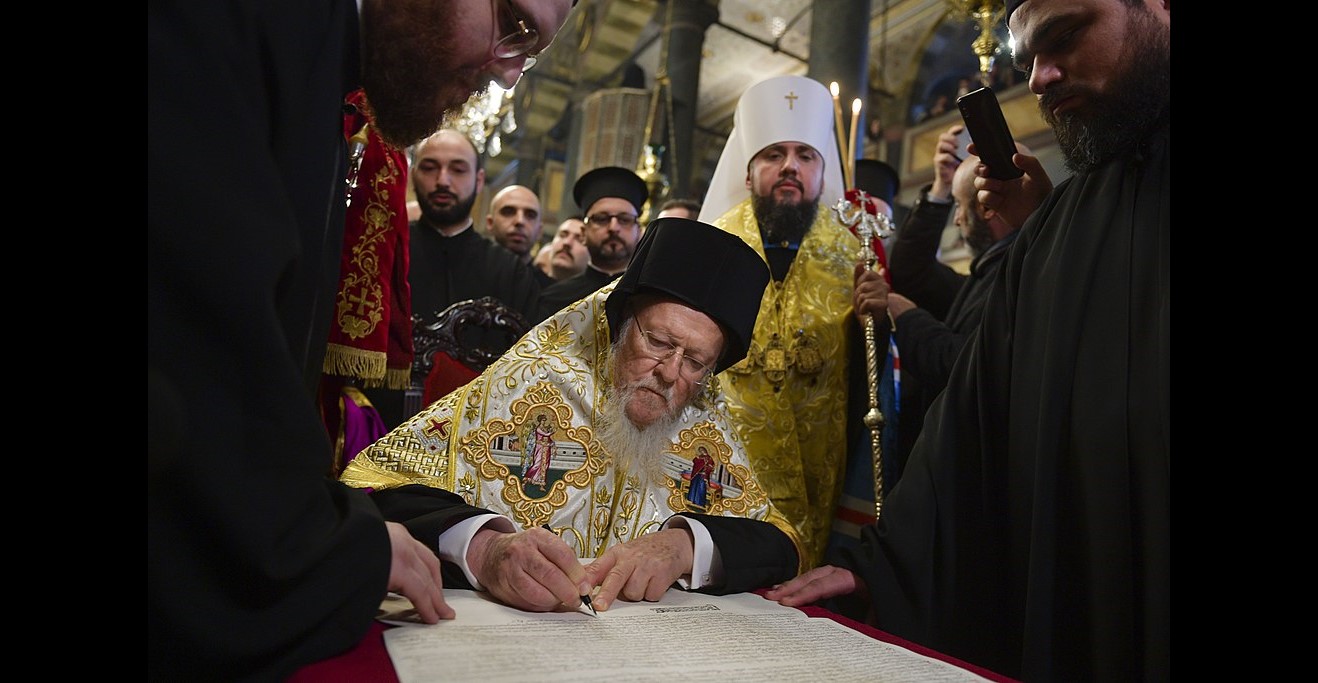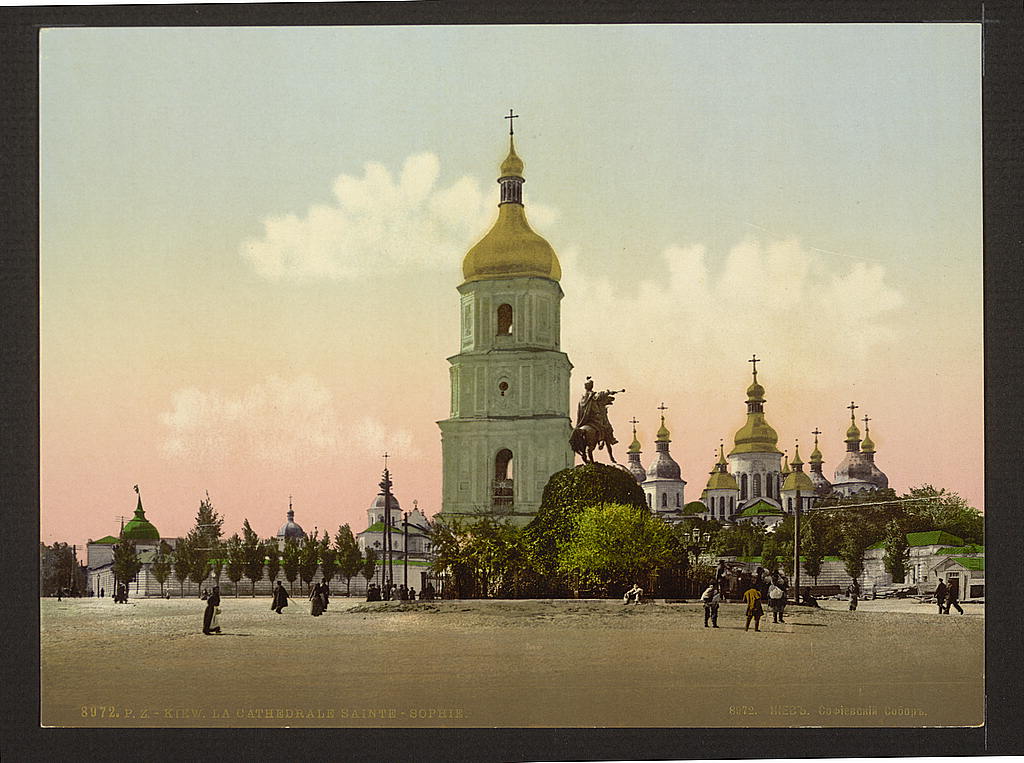Many are saying Ukraine’s receipt of autocephaly from the Universal Patriarch is for Russia an act equivalent to the demise of the Soviet Union; but in fact, the editors of Ukraine’s Espresso TV say, it is even more than that: it represents the destruction of the idea of Moscow as the third Rome on which the Russian empire has rested for centuries.
“The strengthening of Constantinople” – the “second” Rome – and the departure of Ukraine from under the Russian Orthodox Church destroys one of the main ideologemes, on which the Russian Empire has rested, the thesis about ‘Moscow as the Third Rome.’”
According to the station, “the theory of ‘Moscow as the Third Rome’ became the foundation of messianic ideas about the role and significance of Russia. It was first formulated in two letters in 1523-1524 by Filofey, an elder of Pskov’s Eleazor Monastery,” although there have been suggestions that it was first circulated several decades earlier.
The elder “put the Muscovite prince on par with the Roman Emperor Constantine the Great, identifying the latter as the ancestor of the prince.” Such ideas became possible after the Ottoman Empire seized Constantinople, the Second Rome, in 1453. As a result, Byzantium ceased to exist as a state and “as a center of world Orthodoxy.”
Moscow thus presented itself as its successor civil and religious. In 1589, the idea of Moscow as the Third Rome became official policy and the basis for its imperial pretensions as unique and part of an apostolic succession. “Byzantium had fallen; Moscow took its place. As Filofey wrote, “Moscow is the Third Rome; a fourth there shall not be!”
The Third Rome doctrine was especially popular during the reign of Alexander III and was popularized by historian Vladimir Solovyev, who saw it as an indication that Moscow would unite East and West in itself and thus create “the so-called world unity.” As such, it led to the formation of “’the Russian idea.’”
Now, with Ukraine having achieved autocephaly, the notion of Moscow as the Third Rome has been shown to be hollow. That is not something that many Russians can easily accept; and it is why Russia will continue to fight the rights of Ukraine and why the tomos is ultimately more significant than the Belavezha Accords of 1991.
Further Reading:
- ‘A church without Putin, without Kirill, and without prayers for the aggressor’
- History in the making: future Ukrainian Orthodox Church elects its Primate
- Moscow organizing provocations in Ukraine to disrupt Church Unification Council, SBU says
- For Putin, Ukrainian autocephaly is as bad for Russia as USSR’s disintegration and something he won’t tolerate, Illarionov says
- Moscow Patriarchate’s Church in Ukraine will survive autocephaly, but as marginal force, Yurash says
- Moscow laying groundwork for alternative patriarchate in Muslim Türkiye
- Putin’s ‘Russian world’ rapidly contracting in Ukraine and elsewhere, Sokolov says
- More fallout from Ukrainian autocephaly: Russians learn Moscow Orthodox hierarchs were KGB officers
- Constantinople: Moscow could be stripped of autocephaly, while Belarus could gain it
- Ukrainian mufti puts a Russian one in his place over Orthodox autocephaly
- Tomos ante portas: a short guide to Ukrainian church independence
- Constantinople decision on Ukrainian Church truly has global consequences
- The next domino – Belarusian Orthodox hope for autocephaly
- Moscow having failed to block Ukrainian autocephaly now attempting to exploit it
- Constantinople could grant autocephaly to Belarusian Orthodox Church next, Gorbik says
- Constantinople moves to grant autocephaly to Ukrainian Church, outraging Moscow
- Implicitly conceding Ukrainian autocephaly, Moscow makes plans to split Orthodoxy and dominate one part of it, analysts say








